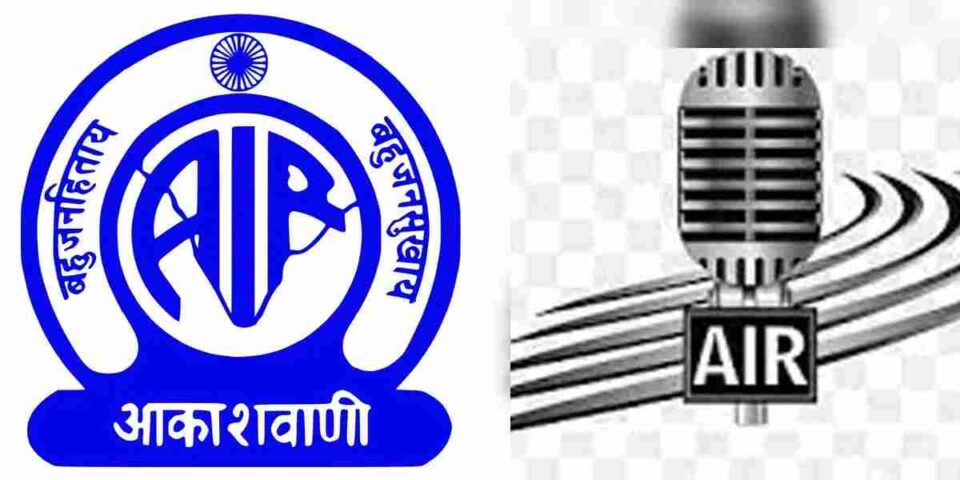After nearly nine decades, the Indian government has ordered that the public broadcaster, All India Radio (AIR), be exclusively referred to as Akashvani in all broadcasts and programs. The move aims to shed the British-era name and embrace Akashvani, which translates to “voice from the sky” and has been in use since 1956. The decision is in compliance with the Prasar Bharati Act, 1990, and signifies a step toward eliminating colonial influences in the broadcasting sector.
Gaurav Dwivedi, CEO of Prasar Bharati, the parent organization of Akashvani, stated that the change was long overdue and aligned with the preferences of the listeners who have a stronger connection with the name Akashvani. The directive, issued by the directorate general of Akashvani, emphasizes the need for all satellite messages to adhere to the provisions of the Prasar Bharati Act.
Although both names, AIR and Akashvani, have been used interchangeably in radio shows and broadcasts, the order signifies a significant shift toward the exclusive use of Akashvani. The transformation was noticeable on the afternoon news bulletin, where the announcer had already switched to Akashvani, while the morning news bulletin still carried the All India Radio name.
The history of radio in India dates back to June 1923 when the first broadcast was made by the Radio Club of Bombay. In 1936, the Indian Broadcasting Company was renamed All India Radio by the colonial government. The name Akashvani was added in 1956. Over the years, Akashvani has played a crucial role in broadcasting significant events and has expanded to include the Vividh Bharati Service, which features popular film music.
Former Prasar Bharati CEO, Shashi Shekhar Vempati, highlighted the historical significance of AIR, which predates independent India and has been instrumental in conveying pivotal moments in history. Akashvani currently broadcasts in 23 languages and 146 dialects, reaching a large portion of the population. Its external services division reaches 100 countries, while the news division offers 647 bulletins daily in approximately 90 languages and dialects.
The order to exclusively use the name Akashvani will have implications beyond transmissions, with a transition expected to take place across all media content associated with the public broadcaster. The change reflects a broader effort to modernize and align the broadcasting industry with contemporary sensibilities, while acknowledging the enduring impact of radio as a medium for communication and information dissemination.

